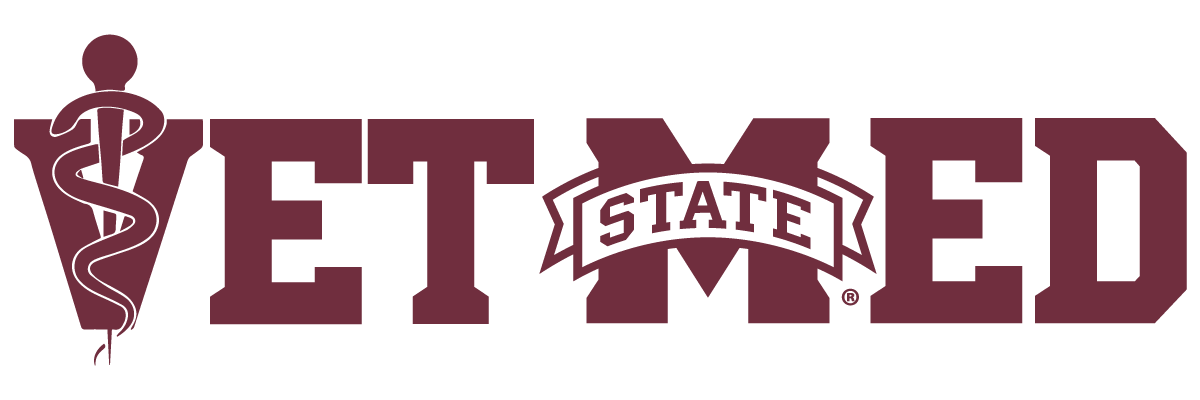By Livingston Sykes
Vet school is a rigorous endeavor, and a career in veterinary medicine, although rewarding, is known to be one of the most stressful. The exhaustion and compassion fatigue experienced are very real and, over time, can have a significant impact on mental health. It’s easy to assume that the consequences of these challenges “don’t really affect my friend/classmate/veterinarian” and that tragedies only occur elsewhere, but that’s not the case. In the spring of 2014, this reality hit home with the suicide of a student shortly after final exams. This heartbreaking loss, coupled with the increasing nationwide awareness of veterinary mental health challenges, became a turning point in how the college would approach mental health and wellness.
By that fall, the CVM began its first collaboration with MSU Student Counseling Services to establish a part-time mental health professional on site. Dr. Christy Monaghan was hired, splitting her time between the main campus and the vet school. However, the limitations of this dual-role setup quickly became apparent.
“What works on the main campus doesn’t always meet the needs of this building,” said Dr. Pauline Prince, who joined the CVM as a full-time psychologist in 2019. “We have faculty, staff, and students in this building teaching, learning, and treating patients—and dealing with challenging, stressful situations—around the clock. We needed someone to be here embedded, visible, and available wherever they’re needed.”
Dr. Prince, a former school psychologist in a large Maryland school district and now director of the CVM Office of Psychological Services, brought not only her clinical expertise but also a deep understanding of crisis response, accommodations, and program development. Backed by then-Dean Dr. Kent Hoblet and Associate Dean Dr. Jack Smith, Prince was encouraged to shape the mental health program, tailoring it to meet the unique needs and environment of a professional medical school, specifically in veterinary medicine.
“I did a needs analysis in the first year, including sending surveys to every student, faculty, and staff member,” Prince explained. “That's how the foundation of our program was built, directly from community voices.”
Those voices led to a range of new initiatives: fidget tools, puzzle tables, and healthy snacks provided through a partnership with Purina. Designated quiet study spaces were added, and the academic calendar was restructured to reduce stress, providing predictable exam schedules, an afternoon off, and more ‘balance’ built into each week.
Beyond physical resources, Prince pushed for systemic change. She advocated for test accommodations for students in need based on thorough psychological evaluations with formal testing, a service the CVM now makes available to students for a fraction of the market cost. She helped integrate mental health services throughout the building, even visiting the sophomore surgery lab and popping into clinical rotations to ensure she remained accessible and approachable.
“Everything we’ve built has been in response to real sentiments and faculty needs,” she said. “And it couldn’t have happened without support from our administration and donors committed to improving not just our students’ veterinary school experience and current quality of life but also their future careers and quality of life.”
One of those donors is Dr. Emily Freeman, whose connection to the CVM began with her beloved pug, Maggie. Deeply moved by the veterinary team’s compassion during Maggie’s end-of-life care, Dr. Freeman became a major benefactor of the CVM’s wellness programs, establishing the Maggie Bishop Freeman Office of Psychological Services in 2020.
Over the past six years, CVM’s mental health and wellness program has grown significantly, gaining an additional full-time psychologist and a social worker who is stationed in the Animal Health Center, as well as lactation spaces, hydration stations, and even a community food pantry/kitchen and gym within the building. Importantly, the open-door policy, upheld by Dr. Prince from day one, remains a cornerstone of the program.
“Whether it is a student, technician, faculty, or house officer, if you’re having a rough day, you can come in, share your issues and concerns, and that conversation stays in my office,” Prince said. The building of a community starts with a safe space to take a moment, breathe, and be heard. “This is about touching lives, because every life you touch goes on to touch countless others.” “Wellness” isn’t just counseling, it is acts of caring and compassion.
What began as a response to heartache and tragedy in the field of veterinary education and veterinary medicine has evolved into one of the most innovative and compassionate wellness programs in the field. MSU CVM continues to grow a culture where mental health is a shared responsibility and every voice matters.
